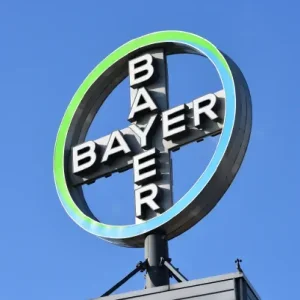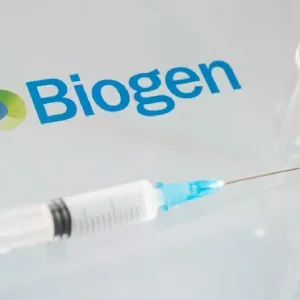Pfizer has received the US Food and Drug Administration (FDA) Breakthrough Therapy Designation for its investigational cancer immunotherapy elranatamab.
Elranatamab is a B-cell maturation antigen (BCMA)-CD3-targeted bispecific antibody (BsAb), indicated for the treatment of relapsed or refractory multiple myeloma (RRMM).
BsAbs are a novel class of cancer immunotherapies that bind to and engage with two different targets simultaneously.
When one arm of a BsAb binds directly to specific antigens on cancer cells, the other arm would bind to T-cells, engaging both cell types together.
Elranatamab is designed to bind to BCMA, which is highly expressed on the surface of multiple myeloma (MM) cells, and the CD3 receptor is found on the surface of T-cells.
It connects both BCMA and CD3 together and activates the T-cells to kill the myeloma cells.
Elranatamab is administered subcutaneously (SC), which is more convenient than the intravenous (IV) administration, mitigating the risk of potential adverse events, said the company.
Pfizer oncology and rare disease global product development chief development officer Chris Boshoff said: “The FDA’s Breakthrough Designation recognises the potential of elranatamab as an innovative medicine for people with multiple myeloma whose disease has relapsed or is refractory to existing treatments.
“This marks Pfizer’s 12th FDA Breakthrough Therapy Designation in Oncology, a testament to our relentless commitment to developing transformational cancer medicines in areas of high unmet need.”
The Breakthrough Therapy Designation is intended to advance the development and review of medicines that show promising clinical evidence in the treatment of serious diseases.
The FDA granted the Breakthrough Therapy Designation based on six months of data from the Phase 2 MagnetisMM-3 study, which evaluated the safety and efficacy of elranatamab in patients with RRMM.
In the study, the patients received a weekly dose of elranatamab 76mg with a 2-step-up priming dose regimen administered during the first week.
The patients who received elranatamab achieved an overall response rate (ORR) of 61.0% at a median follow-up of 6.8 months, and the drug showed a manageable safety profile.
In addition to the Breakthrough Designation, elranatamab has also received Orphan Drug Designation from the FDA and the European Medicines Agency (EMA), in treating MM.
UK regulatory agency MHRA has also granted Innovative Medicine Designation and the Innovation Passport, for elranatamab to treat MM, said Pfizer.






